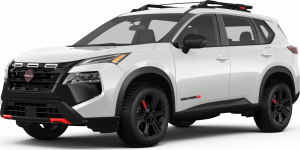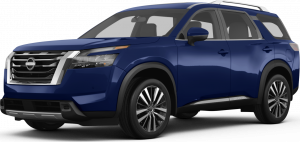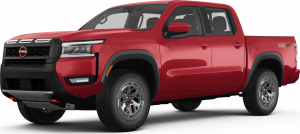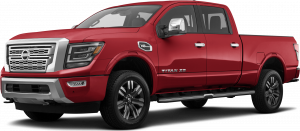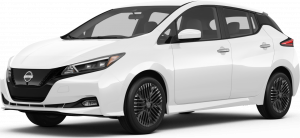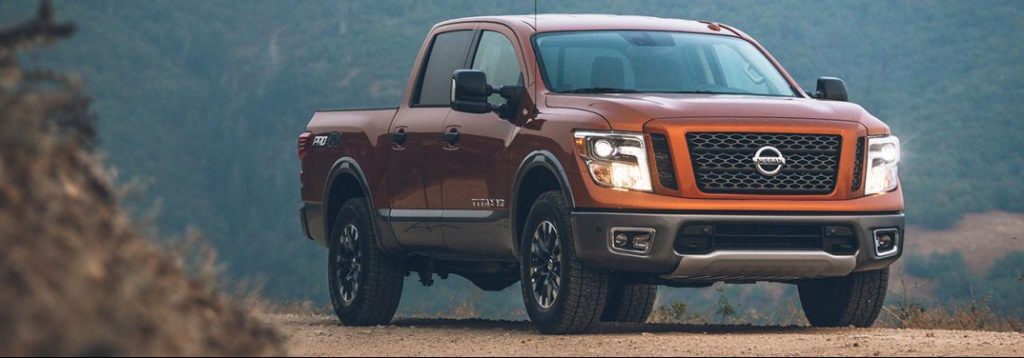
2019 Nissan Titan Break-In Period
If you just bought a 2019 Nissan Titan, you may be wondering: how should I break it in? Though break-in periods on vehicles are not as extreme as they used to be, thanks to advances in engineering and technology, it’s still important to follow some guidelines to make sure you get your vehicle running optimally.
Those guidelines, however, differ from vehicle to vehicle. Let’s look at the break-in period recommendations for the 2019 Nissan Titan.
View Our New Nissan Titan Inventory
Owner’s Manual Recommendations
According to the owner’s manual of the 2019 Nissan Titan, practice the following items for the first 1,200 miles of operation:
- Avoid driving for long periods at constant speed, either fast or slow, and do not run the engine over 4,000 rpm
- Do not accelerate at full throttle in any gear
- Avoid quick starts
- Avoid hard braking as much as possible
- Do not tow a trailer for the first 500 miles- your engine, axle, or other parts could be damaged.
In addition, practice the following for the first 6,000 miles:
- Warm up the engine before operating is under load
- Do not operate the engine at idle for extended periods
- Prevent engine lugging by selecting the appropriate transmission gear
- Monitor the vehicle oil pressure and temperature gauges
- Check fluid levels frequently (Oil and Coolant)
- Vary the throttle position at highway speeds when carrying weight or towing.
Read More: How to Optimize the Truck Bed Storage in a Nissan Truck
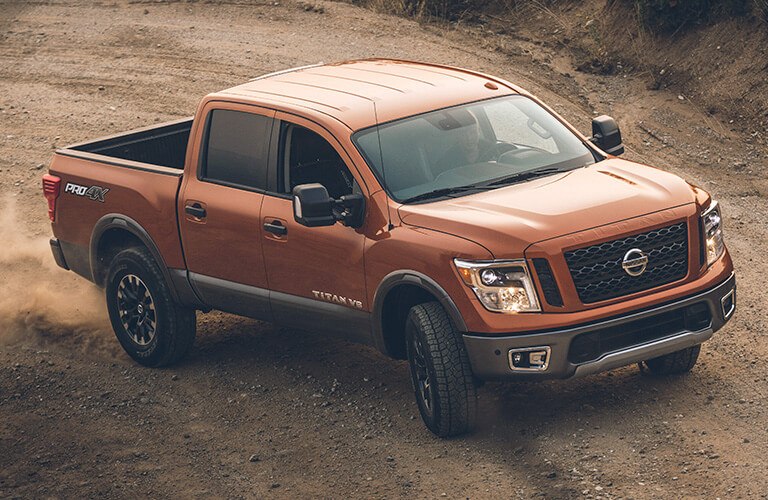
Nissan emphasizes that extended light or no-load operation will extend the time before the vehicle reaches its full efficiency. Operating in this manner could result in reduced fuel economy and power. Engine run-in is improved by operating the vehicle under load.
Should I add extra oil to my Titan during the break-in period?
It is normal to add some oil to your engine during the break-in period depending on the severity of operating conditions.
Why is a break-in period important?
Follow the recommendations on this page to attain maximum engine performance and ensure future reliability and economy of the vehicle. If you don’t, you could get shortened engine life and reduced performance.
More From Charlie Clark Nissan El Paso TX
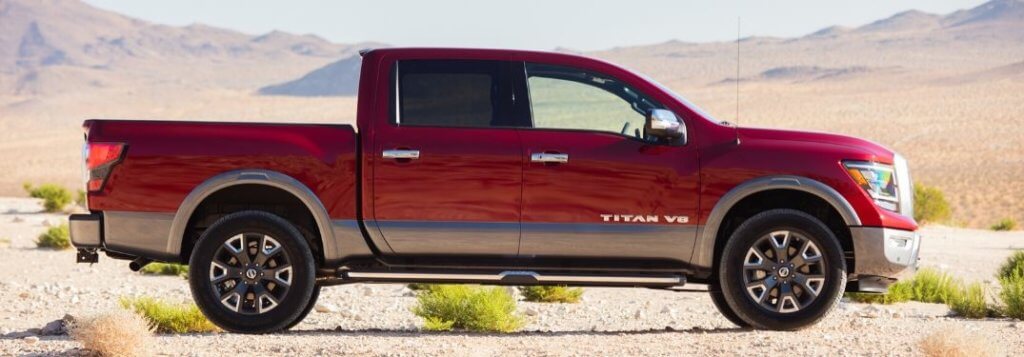
Take an In-Depth Look at the 2020 TITAN





